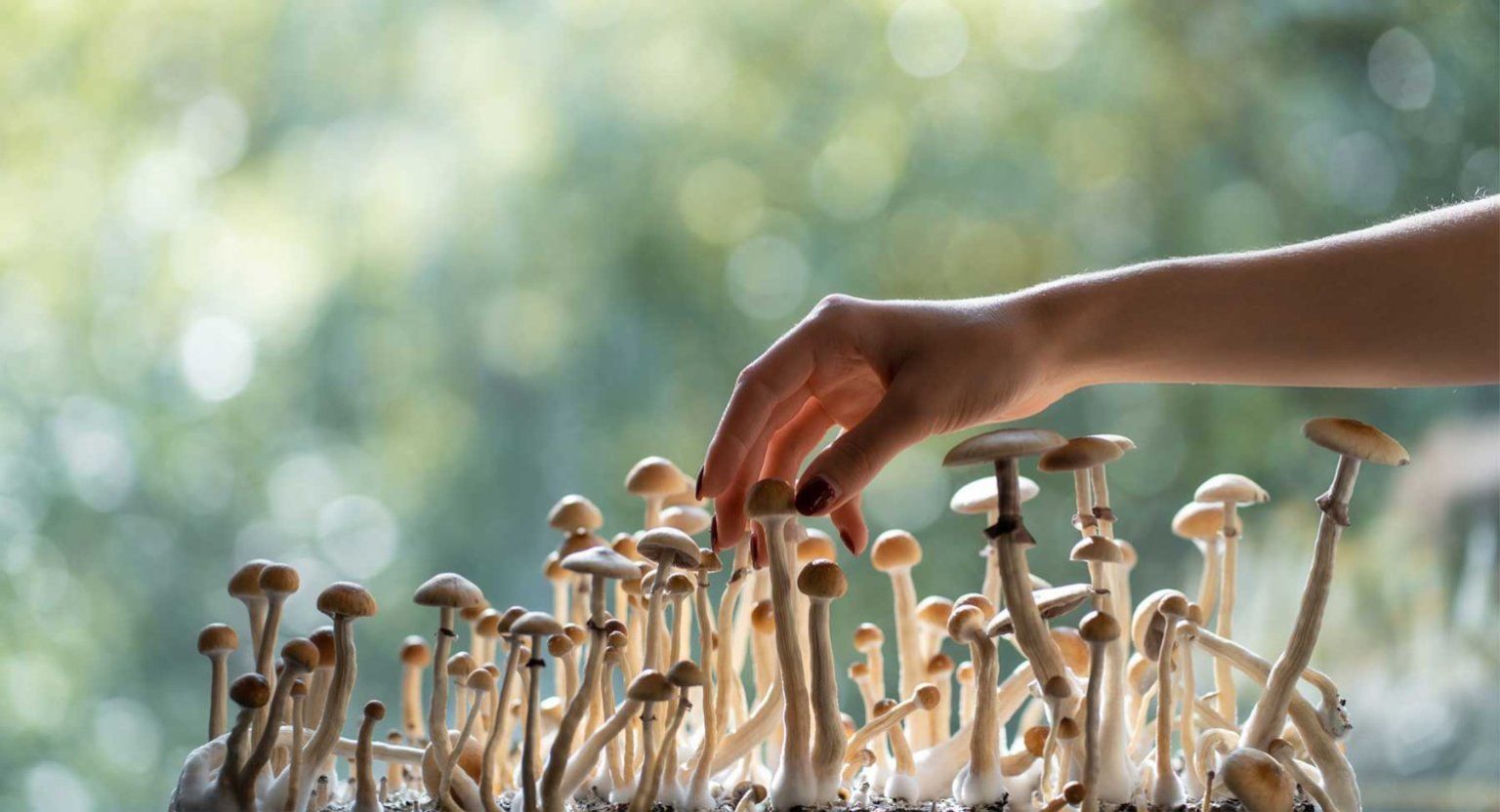A new study, which is at its early stage of development, has suggested that mushrooms could be used to treat patients suffering from Parkinson’s disease due to a component found in them.
A group of researchers from the University of California at San Francisco, in a report published in the journal Neuropsychopharmacology, highlighted this discovery using the hallucinogenic drug psilocybin.
The hallucinogenic drug psilocybin, found in magic mushrooms, according to the report, has potential benefits and may aid in improving mood, cognition, and motor symptoms for those who suffer from the degenerative movement disorder.
By 2040, a report disclosed that the number of Americans diagnosed with Parkinson’s is expected to double.
With this development, it is good news for more than one million Americans living with Parkinson’s—the second-most common neurodegenerative disease after Alzheimer’s.
Read Also: WHO launches historic guidelines to combat meningitis, targets faster diagnosis
Dr. Ellen Bradley, an assistant professor and associate director of UCSF’s Translational Psychedelic Research Program and the first author of the paper, expressed optimism after the study showed improvement beyond expectations.
In the first-ever trial of a psychedelic drug on a neurodegenerative disease, researchers found that psilocybin, the active compound in magic mushrooms, was well-tolerated by Parkinson’s patients and showed potential therapeutic benefits.
Mushroom study participants
The small study involved 12 participants (7 men, 5 women) who received two doses—10 mg and 25 mg—two weeks apart, combined with psychotherapy sessions.
Though some experienced temporary anxiety, nausea, or elevated blood pressure, there were no serious side effects or worsening of symptoms.
At follow-ups a week and a month later, patients reported improvements in mood, cognition, and motor symptoms. One participant, Jeff Deming, said, “Physically, I feel better than I did 2-3 years ago.”
Psilocybin mimics serotonin activity in the brain, which is often impaired in Parkinson’s disease. Researchers believe its mood-boosting effects could help patients stay more active and socially engaged.
Lead researcher Dr. Joshua Woolley from UCSF said the results raise hope that psilocybin might one day help the brain repair itself.
A larger trial is now underway with 100 participants across two sites, including Yale University. The study is supported by an anonymous donor and the Michael J. Fox Foundation.



